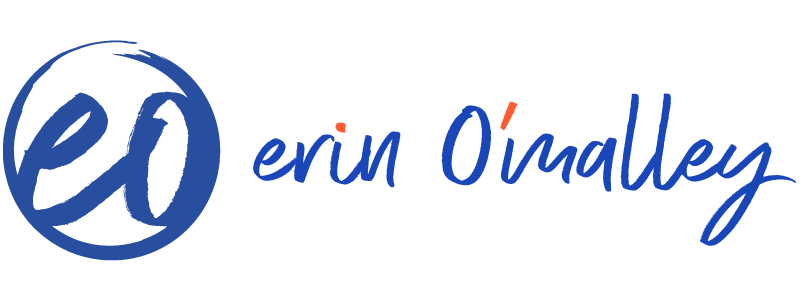“Was it my approach? Is there something I could have said differently?
“I knew they were going to respond that way. It’s how they think. They always react like that.”
One conversation. Two different responses. Two different ends of the awareness spectrum.
There’s the ownership end, where (lucky for me!) my client, Cathy, sits. Then there’s the blame and victimhood end, where unlucky for her, her direct report, Sue, resides.
During a recent convo, Cathy debriefed a meeting that went sideways and her follow-up call with Sue. In typical form, Cathy immediately went introspective and questioned her own approach, what she said, and how she said it. Her overall vibe: Was it me
She described Sue’s response: a bullet point list of everyone’s over-reactions in the meeting, the team’s “typical way” of asking questions that shut down conversation, a defense of her defensiveness, and as a dramatic conclusion, a martyr-like statement of how she’ll just “keep takin’ one for the team.” Her overall vibe? It’s them, not me.
The basic breakdown: Cathy: Was it me? Sue: Yes, it was you, because it wasn’t me.
Neither of those statements is true.
For those that tend to go inward ala Cathy, that awareness leads to questions like, “What could I have done differently? What can I change? What did I do? How did I impact the situation?”
Gold star for self-awareness, but there’s a slippery slope one can slide down. When you take on too much responsibility, you can start to talk yourself out of your initial reaction and instinct that something was off. There is a clear and present danger with this approach: rumination and driving yourself batty.
A healthier way to think about it? Perhaps you had a role to play in the situation, but it takes two to tango.
Folks that go outward are highly aware of other’s reactions, responses, and commentary and give the situation and circumstances the credit, but more often the blame, for the outcome. The issue here? If you’re blaming and pointing fingers at how everyone else acted, defensiveness is inevitable. Chances are high you’re going to shut down, because the running dialogue in your head sounds like, “Here go those idiots again, why should I bother?” With that approach, you’re likely frustrated. How could you not be?
Forget the tango, you’re too busy pointing fingers and justifying to realize that your partner is on the dance floor calling you in for the dance!
The solution for both ends of the awareness scale is curiosity. What am I not seeing? What are they not seeing? What don’t I know? What is my role in this scenario? What is everyone else’s role?
The real awareness comes from realizing that everyone in that meeting room did have a role to play in the impact they had on others. The tricky bit: impact is perception and open to interpretation. If we don’t have the full picture and know what people are hearing, seeing, thinking, and dealing with in their work lives out of the situation in that meeting room–and it’s hard to know that–we resort to assumption. Assumptions about what they are thinking, why they are behaving a certain way, and why they say the things they do. Those assumptions lead some to take responsibility they shouldn’t, and others to shirk the responsibility they should take.
If everyone asked, “What was my role?” and asked others to help them see what they can’t, the rumination, frustration, and checking out might just fade away.
Helpful awareness would be at play.




0 Comments